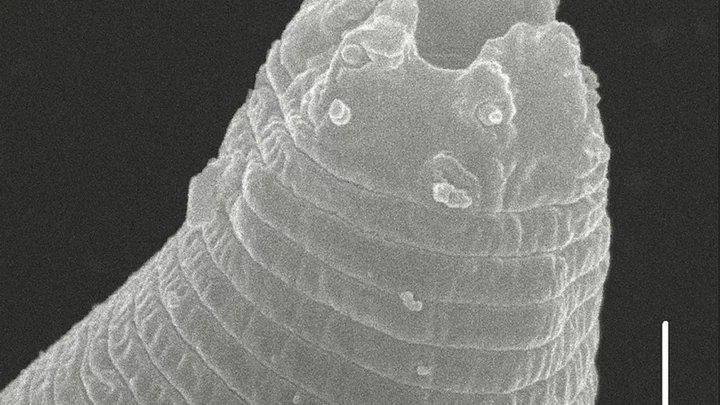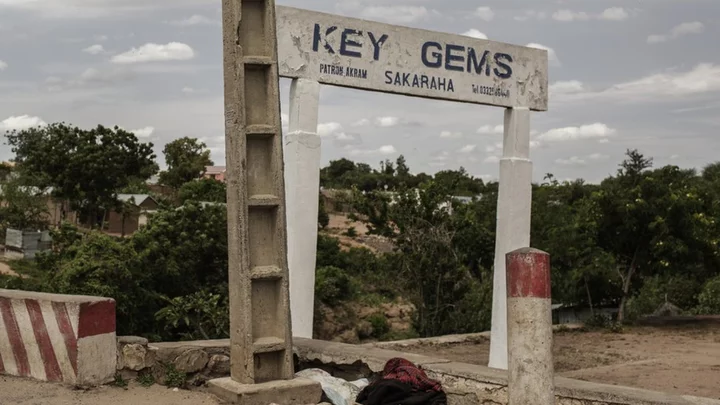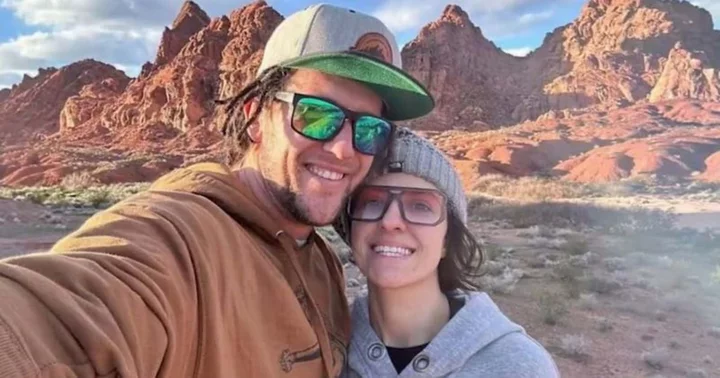Scientists have resurrected a parasite which has been dormant in the frozen permafrost of Siberia for 46,000 years.
The microscopic creatures were first uncovered as part of a remarkable discovery back in 2018.
At the time, researchers led by Anastasia Shatilovich found two of the worms in sub-zero temperatures in the soil.
At first, it was previously thought that the creatures could stay in their slumber for just 40 years. However, it was later revealed that they could stay inactive for tens of thousands of years.
Sign up to our free Indy100 weekly newsletter
The creatures tend to shut down their systems when they are in unfavourable conditions. This means they won’t move or reproduce, and their metabolism stops.
Carbon analysis has revealed that the worms – also known as nematodes – came from a prehistoric era.
The developments could change the way experts approach bringing back other extinct species, too.
During an analysis, the research team discovered the worms were Panagrolaimus kolymaensis - a species that was previously thought to be extinct.
The scientists wrote in their paper: “Previously, we had shown that nematodes from the Siberian permafrost with morphologies consistent with the genera Panagrolaimus and Plectus could be reanimated thousands of years after they had been frozen.
“Several viable nematode individuals were found in two of the more than 300 studied samples of permafrost deposits spanning different ages and genesis.”
It’s not the only thing that scientists have recovered from permafrost, either.
It was announced earlier this year that scientists are busy working on reviving 'zombie viruses’ that have been lying dormant for tens of thousands of years in Arctic conditions, and while it sounds absolutely terrifying, it could be important when it comes to protecting us all in the future.
Have your say in our news democracy. Click the upvote icon at the top of the page to help raise this article through the indy100 rankings.









